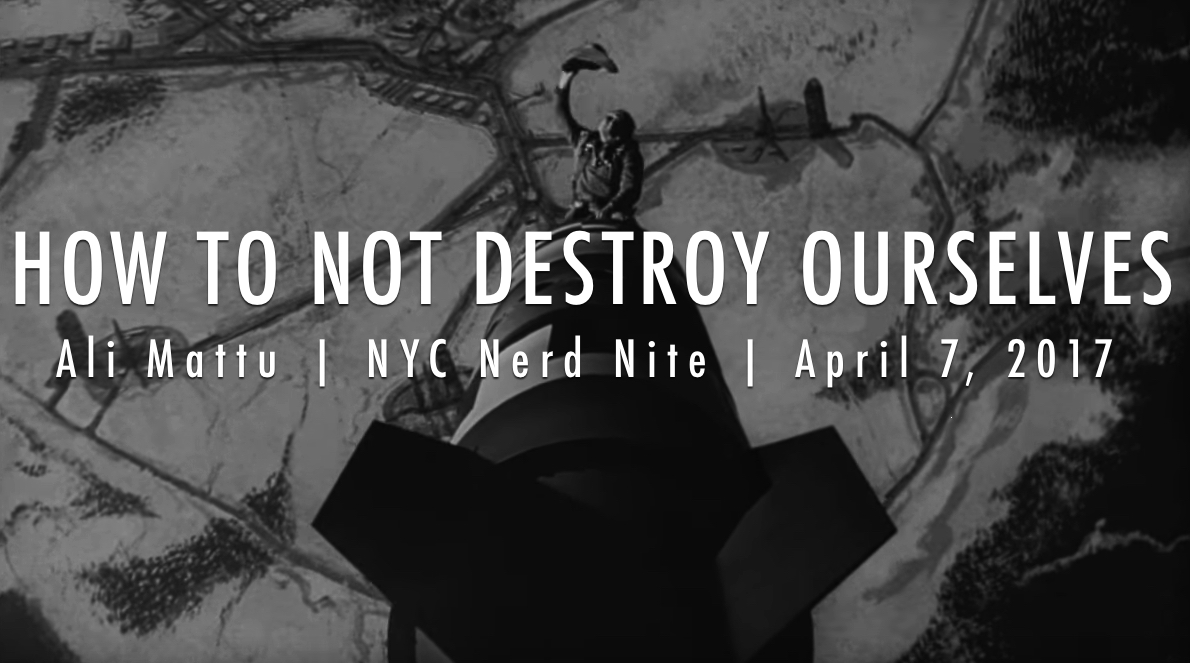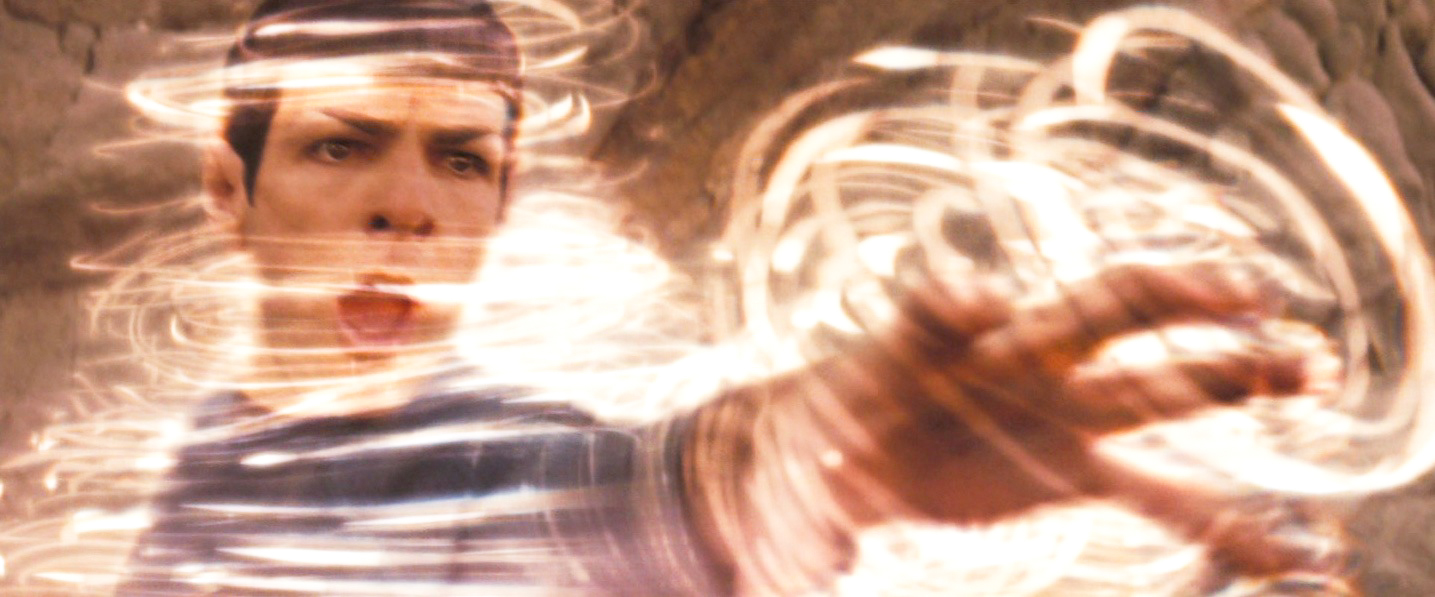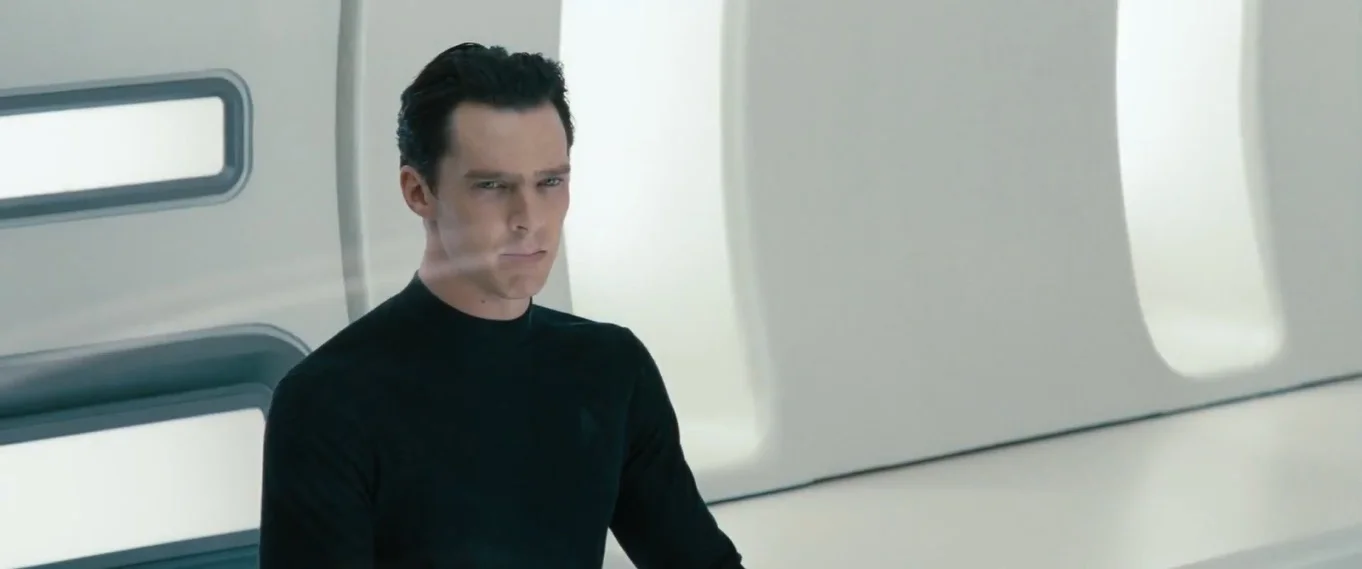Along with anger, “people vote their hopes”. The triumph of
optimism in U.S. presidential elections was first identified in a series of
studies led by University of Pennsylvania psychologist Harold Zullow. Researchers
analyzed the acceptance speeches of all major candidates at their political
conventions throughout the 20th century for optimism, pessimism, and
focus on negative events. Their analysis used a technique called CAVE (Content
Analysis of Verbatim Explanations), which is based on the finding that
depressed individuals discuss events differently than non-depressed individuals
(e.g. “I’m alone because I don't deserve to be loved” versus “I’m alone because I
haven’t met the right person yet”). Results indicated that between 1900 through
1984, the more optimistic candidate who focused less on negative events won 80%
of the elections (the exceptions were FDR in his three reelection races and
Nixon). Candidates who inspire hope have a significant advantage with the electorate
(exemplified by Clinton’s “A bridge to the 21st century”). Why is
optimism so important? Optimistic individuals continue to work hard, even in
the face of defeat, and optimistic messages may resonate better than neutral or pessimistic
messages.
In the Battlestar Galactica election, Roslin failed to
understand the importance of emotions in elections. She relied upon her
perceived experience, authority, and judgment to win re-election. Baltar
capitalized on the underlying anger of the fleet, funneling it towards the incumbent, while also
inspiring the electorate with hope for a better future.
Today’s election
between President Barack Obama and
Govenor Mitt Romney puts us in a different situation. President Obama’s 2008 landslide victory was the
result of a campaign that effectively integrated messages of “hope and change”.
But many believe Obama has failed to deliver on his promises. As New York City
Mayor recently stated in his endorsement of Obama:
“In 2008, Obama ran as a pragmatic problem-solver and consensus-builder. But as
president, he devoted little time and effort to developing and sustaining a
coalition of centrists, which doomed hope for any real progress on illegal
guns, immigration, tax
reform, job
creation and deficit
reduction. And rather than uniting the country around a message of shared
sacrifice, he engaged in partisan attacks and has embraced a divisive populist
agenda focused more on redistributing income than creating it.”
While, Governor
Romney has effectively used the depressed economy to instill anger at Obama,
many find him to be uninspiring and untrustworthy due to his political pivots
from moderate Governor to a conservative presidential nominee.
It is not surprising
that this election is too close to call. There’s plenty of anger to go around
and neither candidate has inspired the American people. Combined, the campaigns
have spent $2 billion attacking each other rather than giving us a reason to
believe in a better future (Obama’s closing argument – “Romney’s proposed
policies failed our country in the past, we can’t trust him”, Romney’s – “Obama’s failed
our country, we can’t trust him”). There is no New Caprica in this election,
nothing to make the American people excited about the prospect of change. Rather, we’re faced with the cold
reality that the next four years are going to be nearly as difficult as the
last. Utlimately, this election boils down to the following question – which candidate
do you dislike the least?












